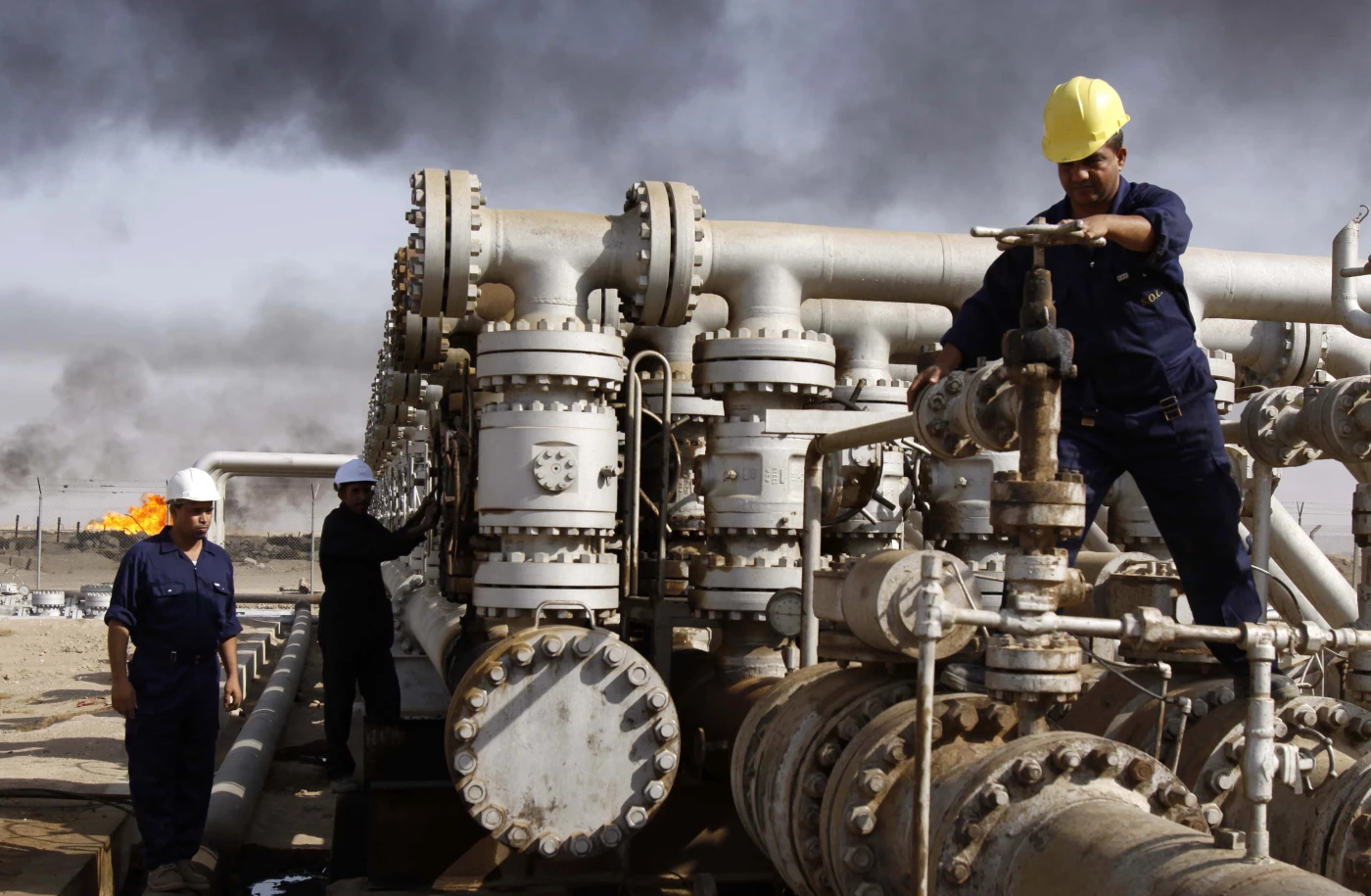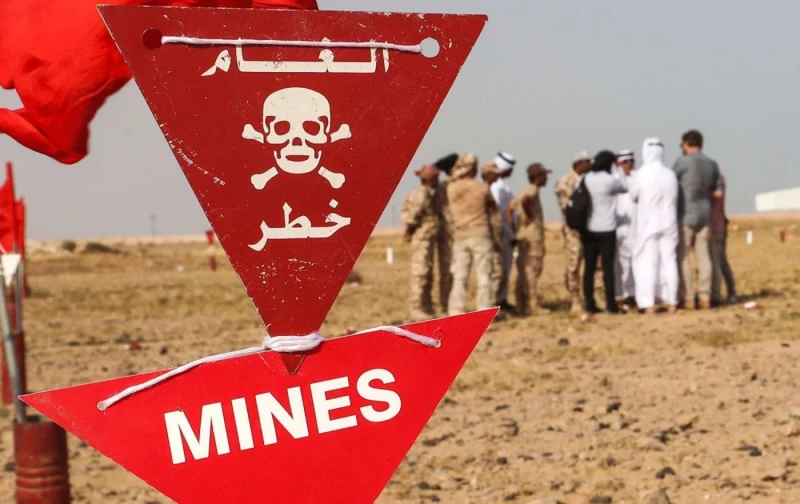HALABJA, Kurdistan Region of Iraq – A tripartite meeting set for Saturday between the Iraqi oil ministry, the Kurdistan Region's Ministry of Natural Resources, and international oil companies (IOCs) has been indefinitely postponed, according to a correspondent for The New Region in Baghdad.
"The meeting scheduled between the parties concerned with the resumption of Kurdistan's oil exports has been postponed until further notice," the correspondent said.
Iraqi Oil Minister Hayyan Abdul Ghani said on Thursday during the Sulaimani Forum that a meeting will be conducted on Saturday between the Kurdish and Iraqi sides with the Association of the Petroleum Industry of Kurdistan (APIKUR) to iron out some of the technical points related to the resumption of the Region's oil exports.
APIKUR is an association of eight companies whose activities together make up around 60 percent of the total amount of oil produced in the Kurdistan Region.
According to a source in the Iraqi oil ministry, however, the meeting has been "postponed indefinitely," the correspondent said, adding that the reason for the postponement has not been made public as of the time of this writing.
Exports of the Kurdistan Region’s oil through the Turkish Ceyhan pipeline, where part of Kirkuk’s oil was also exported, were halted in March 2023 after Ankara lost a case against Baghdad in a Paris-based arbitration court. The case accused Ankara of breaching a 1973 agreement by allowing Erbil to start selling oil independently of Baghdad.
Baghdad and Erbil announced in late February that they reached an agreement to resume the Kurdistan Region’s oil exports to the international market, but the process has yet to restart, with international oil producers demanding payment surety, transparent implementation of Iraq’s budget law stipulations, and resolution of payments that are in arrears before resuming the work.
In a statement in late March, APIKUR said that the IOCs, along with the Kurdistan Regional Government (KRG), have been negotiating “in good faith” with the Iraqi government to enable the resumption of the Region’s oil exports but noted that the actions of the federal oil ministry have hindered the process.
The Iraqi Parliament passed an amendment to the Federal Budget Law in early February, which obliges Baghdad to reimburse Erbil for the production and transportation cost of one barrel of oil at the average cost of production and transportation of the federal oil ministry.
The cost was previously valued at $6 per barrel, which the IOCs repeatedly criticized as being way lower than their actual expenses. According to the amendments, the IOCs would now be paid $16 per barrel in the first phase, before an independent technical consultant team is assigned to assess the extraction cost.
APIKUR has repeatedly stated that the terms of their existing contracts and the economic models within them must be respected.
The halt in exports has dealt a major blow to Iraq and the Kurdistan Region's economy, with well over $20 billion in lost revenue to date.



 Facebook
Facebook
 LinkedIn
LinkedIn
 Telegram
Telegram
 X
X


